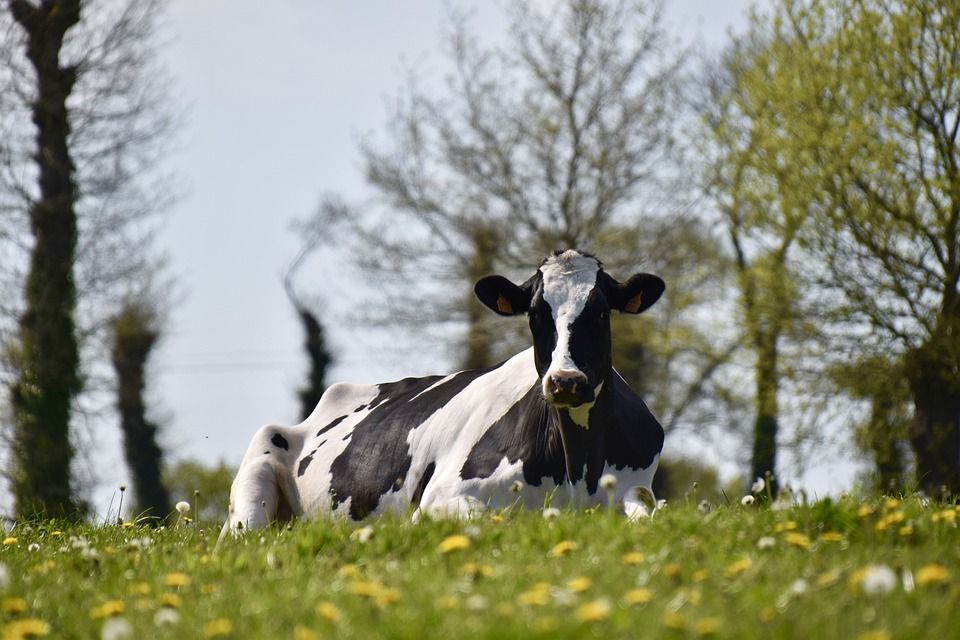Spring Cleaning on the Dairy
Spring is here, which means it is time for dairy operators to start thinking about their “spring cleaning” practices. Between managing spring rains and runoff, planting, and the beginning of land application, spring can feel overwhelming and like there is too much to be done in too little time. This busy season can sometimes disrupt basic cleanup processes that are necessary to pass annual state or county inspections. AGPROfessionals has three tips that can jump-start your “spring cleaning” and ensure that your facility is operating smoothly, cleanly, and can help to relieve some of the stress that can accompany state or county inspections.
Inspect Regularly
Diligently inspecting the manure management systems prior to starting land application could help prevent equipment malfunctions, unwanted runoff, and excess ponding water. These include manure hauling equipment, pumps, ponds, settling basins, etc. Taking the time to inspect and calibrate equipment can help to be intentional with land application, which can make a significant difference when it comes to crop outcome, soil sample results, and records as required by the NMP. Other equipment to be mindful of inspecting and calibrating includes pivots, pumps, spreaders, and agitators. Noticing, documenting, and acting on any leaks or plugs can prevent ponding water, further equipment malfunction or worse; cause an offsite discharge of manure. Maintaining the ponds, settling basins, and reducing vegetation on the banks can minimize root erosion on the banks. In addition, inspecting areas where water could potentially run off the land application fields and repairing berms or vegetative filters can prevent unwanted runoff from these applied locations.
Water Management
Operating within the facility’s NMP ensures that the best practices are always being implemented. Pumping down the ponds once the fields are ready to take the manure water provides the required storage in the ponds for spring storm events. Having sufficient storage helps to maintain compliance with the NMP and prevents potential overtopping or splashing over. Runoff from permanent manure storage areas, corrals, silage, and corn feed storage is required to flow to a lined pond. It is never too early to start planning feed storage for the fall to make sure that the silage areas flow into a lined pond.
Consider Your Neighbors
Being a good neighbor and having a positive and friendly relationship with community members and surrounding property owners can help to minimize complaints revolving around dairy practices. Consideration of neighbors when stockpiling manure and being mindful of prevailing winds are simple ways to be neighborly. When spring showers roll around, notice areas of pooling, and consider grading these areas to mitigate the pooling. This will offer added curb appeal, especially at the dairy entrance; your neighbors will appreciate the effort. To go the extra mile, invite neighbors over for a spring barbecue or offer them a tour of the facility. Building these relationships will be beneficial and lead to a reduced number of neighbor complaints. Ultimately, getting to know your neighbors can offer opportunities for collaboration on feed sources and future expansion.
Implementing good housekeeping techniques now can reduce time, effort, and resources later. By implementing some key practices, dairies can reduce unwanted attention from neighbors and help ensure a smooth annual state inspection. AGPROfessionals is ready and available for any questions about nutrient management planning, liner testing, inspections, or recordkeeping for your facility.

